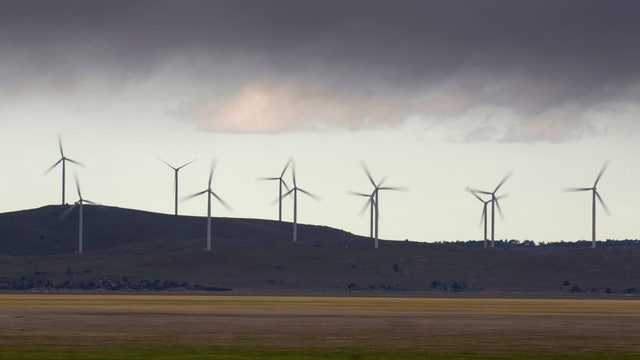Welcome to the Energy Internet
The Internet has already democratized news and information – and expert Jeremy Rifkin says it’s about to do the same for energy production.
Rifkin, an economist and author of the recently published “The Zero Marginal Cost Society: the Internet of Things, the Collaborative Commons and the Collapse of Capitalism,” said distributed energy is reshaping the industry.
“Already in Europe we have several million homes, offices, factories and businesses that have installed wind and solar technologies on site. These buildings have been turned into micro power plants and are actually producing their own green electricity,” explained Rifkin.
What’s interesting, said Rifkin, is that the marginal cost of producing energy is zero – once the initial setup costs have been paid back.
“The sun over your building is free – you just have to grab it,” said Rifkin, “and the wind coming up over the side of your building is free, you just have to secure it.”
The Energy Internet
Now, Rifkin said the so-called “Internet of Things” will turn these home- or business-based “power plants” into miniature electric utilities by interconnecting them.
“[W]hatever electricity they’re not going to use in their own buildings, offices or homes, they can send that over an energy Internet,” said Rifkin. That way, homes or businesses with excess energy stored can sell it to those that need it.
This process will be further aided, said Rifkin, by the smart-home monitors that are becoming increasingly popular.
“If you have these monitoring device on your building and you’re storing your own green electricity on-site, the monitoring devices can alert you when the price of electricity on the grid goes up, and therefore will allow you to … send some of your surplus electricity that you’re storing back up to the energy Internet at a high price, so you’re making money,” said Rifkin.
However, the key to creating this energy Internet at scale will be for countries to invest in the infrastructure.
“The next step is a data center, power center – a logistics hub,” said Rifkin. “That’s where we are falling behind from Germany and China, where there’s major construction. We’re not really doing it here yet.”




















